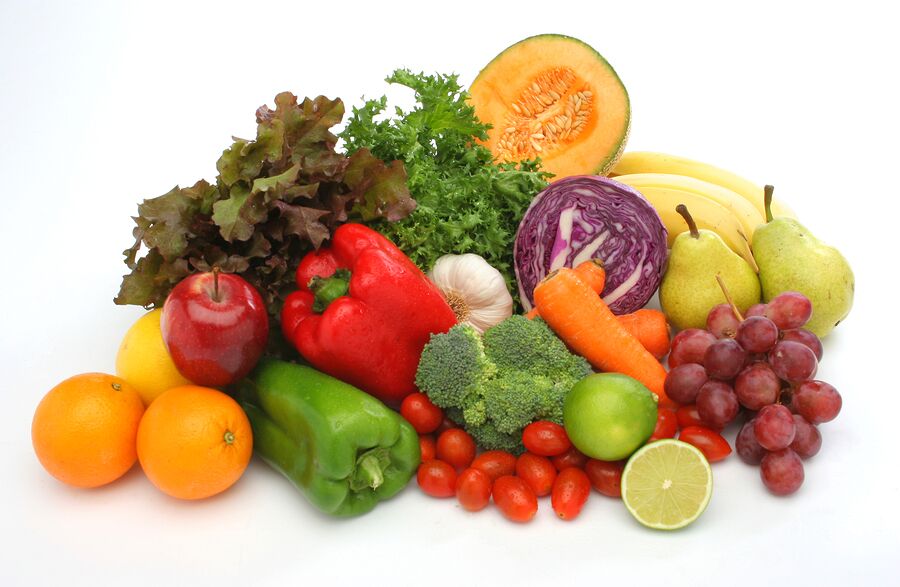Frozen vegetables get ignored, but they can be a great way to get more vegetables into your senior’s diet than she already eats. They’re easy to prepare and they can add variety, too. It’s also important to note that frozen vegetables are just as nutritious as fresh vegetables are.

Make Sure You Read the Labels
Lots of people assume that frozen vegetables are just the vegetables themselves. That’s not completely the case in all situations, though. Sometimes manufacturer’s include other ingredients, like salt or preservatives, in addition to the vegetables. It’s really important that you look for the purest forms of frozen vegetables you can find so that you’re not adding ingredients your senior doesn’t need or want.
Proper Storage Makes a Difference
The downside to frozen vegetables is that they’re not immune to problems like freezer burn. They’ll stay useable in the freezer for a long time, but you want to pay attention to the dates on the packages when you store them. As you buy new vegetables, make sure that you’re putting the newer ones toward the back and rotating through your stock of veggies.
Go Out on a Limb
One of the best parts about using frozen vegetables is that you and your senior don’t have to worry about how to properly chop or break down a vegetable you’ve never tried before because it’s already been done. Also, it’s much easier to try frozen versions of vegetables that are new to you both, especially if they aren’t grown locally.
Consider Springing for Organic Versions
Organic farmers use lots of different techniques for growing their crops and for keeping pests away. That can be an appealing concept if your senior is trying to live as healthfully as possible. Some of these organic versions are more expensive, but that might fit into meeting your senior’s needs better than non-organic versions do. Talk with your senior about how these fit into her budget and whether this is something she wants to do.
You Don’t Need to Overcook Them
You definitely don’t have to overcook frozen vegetables. Often because they’re frozen, they’re already a little softer when they thaw out than fresh vegetables are. Consider cooking them just until they’re done so that you can protect as much of the nutritive value as possible.
Your senior might find that she likes some vegetables only when they’re fresh, others only canned, and finally still others when they’re frozen. That’s all great news because your goal is simply to get more vegetables into her diet. If cooking is difficult for her, consider hiring elder care providers to do the cooking for her.

